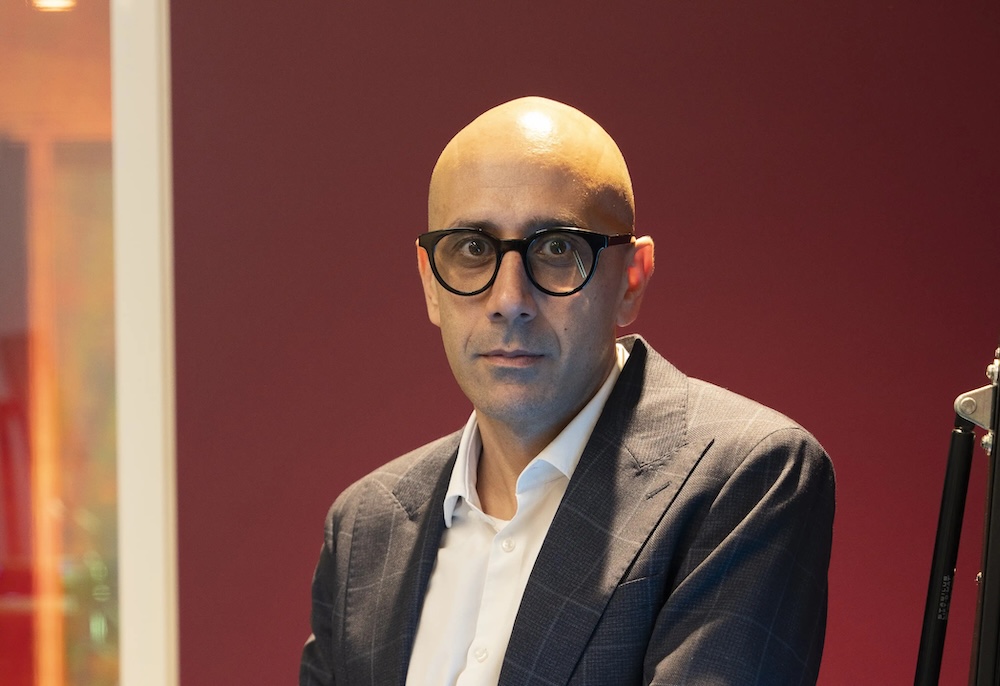The term AI Factory has moved from buzzword to blueprint and this year, Australia will see its first purpose-built example go live in Melbourne. ResetData is delivering AI-optimised infrastructure and an AI Marketplace to power industry innovation and to accomplish this the company has partnered with key suppliers including BP Castrol to bring cutting-edge liquid cooling systems that keep the most powerful GPUs running at optimal performance. This creates a model for sovereign, sustainable AI infrastructure and will share the inside story at the Sydney Cloud & Datacenter Convention on 21 August.
ResetData is an Australian technology infrastructure company focused on delivering high-performance, low-impact AI computing environments. Its AI Factories are designed specifically for AI, machine learning and large language model workloads, combining dense GPU clusters with advanced liquid cooling to deliver maximum performance while reducing emissions and energy costs.
Joint CEO of ResetData, Bass Salah (above) stated in a recent article “Our AI Factories will transform the competitive landscape for Australian businesses. Access to this technology was previously limited to a small number of private GPU clusters. Our AI Factory rollout opens up access to artificial intelligence to accelerate Australia’s economic growth. The ResetData AI marketplace offers live NVIDIA-certified AI models for immediate deployment.”
He added: “At launch, our fast-growing range of AI solutions will serve accounting, legal, retail, technology and engineering teams. ResetData is putting Australian IT on a more energy-efficient and sustainable footing with up to 40% lower costs, 45% fewer emissions, and zero wastewater. These efficiencies are of national importance, as data centres already use a twentieth of the nation’s power supply and are growing rapidly. Ultra-high density, low-latency CBD AI factories are the industry’s future.”
Australia’s AI infrastructure currently relies heavily on foreign-owned hyperscale providers. ResetData’s AI-F1, located in Melbourne , will provide greater sovereign capability and will be operational at the end of this month. The 1.25MW site houses Nvidia H200 GPU clusters and is built to accommodate the latest AI workloads.
AI Marketplace and sector reach
Alongside its infrastructure, ResetData has launched an AI Marketplace platform offering instant access to Nvidia-certified AI models and microservices under Nvidia AI Enterprise. The marketplace is aimed at a broad audience from startups and research institutions to government agencies and large enterprises with potential applications in accounting, legal, retail, technology, engineering and beyond.
The role of liquid cooling
Liquid cooling is fundamental to AI-F1’s ability to manage today’s extreme computational loads. With GPUs now consuming one kilowatt or more each. Designs for two-kilowatt GPUs are already emerging – air cooling alone is no longer sufficient. BP Castrol, through its data centre market development expertise, is providing thermal management systems that make such high-density deployments possible.
BP Castrol’s approach covers both direct-to-chip cooling where cold plates draw heat directly from CPUs and GPUs, removing 70–80% of it at source and immersion cooling involves entire servers being submerged in dielectric fluid to achieve even higher densities. Direct-to-chip systems are compatible with numerous existing data centre designs but still require supplementary air cooling, while immersion can operate without it entirely, though it demands hardware and warranty considerations that not all OEMs currently support.
Operational realities and risk management
BP Castrol’s Asia Pacific data centre market development director Mark Roberts has cautioned that with the rise of direct liquid cooling (DLC) and immersion, if data centre operators are not actually monitoring the health of their fluids and are risking downtime, as reported by W.Media, Mark Roberts said:
“We’ve spent years and years actually designing single points of failure out of the data centre. We just put one back in. Air is reaching its critical point; we can’t cool some of these GPUs with the TDPs that we’re now starting to see, adding that one kilowatt GPUs are going to be normal, then all the way through to the two kilowatt GPU. The current generations of the NVL72 racks going out with the H200s they’re about 120-130 kilowatts.”
He added: “We’re obviously starting to see announcements around the 600 kilowatt further down the path, when we’re talking about fluid in that degraded state, you potentially got early equipment failure, you’ve got potential corrosion issues, you’re going to end up reducing your cooling capacity. And this isn’t going to happen all at once. So it’s really important that you’re monitoring that fluid, whether it’s a condition based monitoring system or your quarterly preventative maintenance. When we’re talking about racks worth $5 million, it’s best to actually make sure that the fluid and everything that’s going through these, you can mitigate the risks.”
As AI Factories move into production, fluid quality will be as critical as any hardware component, with risks including corrosion, biofouling, and material degradation. BP Castrol recommends treating coolant as a spare part, maintaining detailed fluid health records, and using condition-based monitoring to detect changes before they affect performance.
The operational demands are significant. Immersion tanks in high-density AI environments can contain thousands of litres of fluid, while direct-to-chip systems run at high pressures and flow rates often moving more than 15 litres per second through a rack manifold. Rapid GPU power spikes, sometimes almost doubling peak draw for milliseconds, mean systems must be engineered to maintain cooling performance under sudden load changes. BP Castrol’s engineering approach includes upsizing pipework and using buffer tanks to maintain thermal stability.
Sustainable AI infrastructure
The ResetData–BP Castrol partnership demonstrates how AI-specific data centre design and advanced cooling technologies are integrated to meet both performance and sustainability goals. AI-F1facility is engineered for AI workloads. The combination of sovereign infrastructure, GPU density, efficient cooling and an accessible AI Marketplace sets a precedent for future facilities in Australia and beyond.
Keynoting at Sydney
At the Sydney Cloud & Datacenter Convention 2025, BP Castrol’s Mark Roberts and ResetData’s Bass Salah will present the keynote “AI Factories – the latest buzz phrase or here to redefine the data centre industry”. The session will cover the projected growth of AI Factories, their impact on physical infrastructure, and the lessons learned from building Australia’s first sovereign AI Factory.
Attendees can expect a grounded discussion, from business drivers and design choices to operational challenges like thermal risk management, hardware compatibility and scaling in the face of rapidly evolving AI hardware demands.
The Sydney Cloud & Datacenter Convention will be held at the Sydney International Convention Centre on 21 August 2025 from 8AM to 8:30PM. Please submit your registration for attendance at: https://clouddatacenter.events/events/sydney-cloud-datacenter-convention-2025/
[Author: Conor McNevin]




